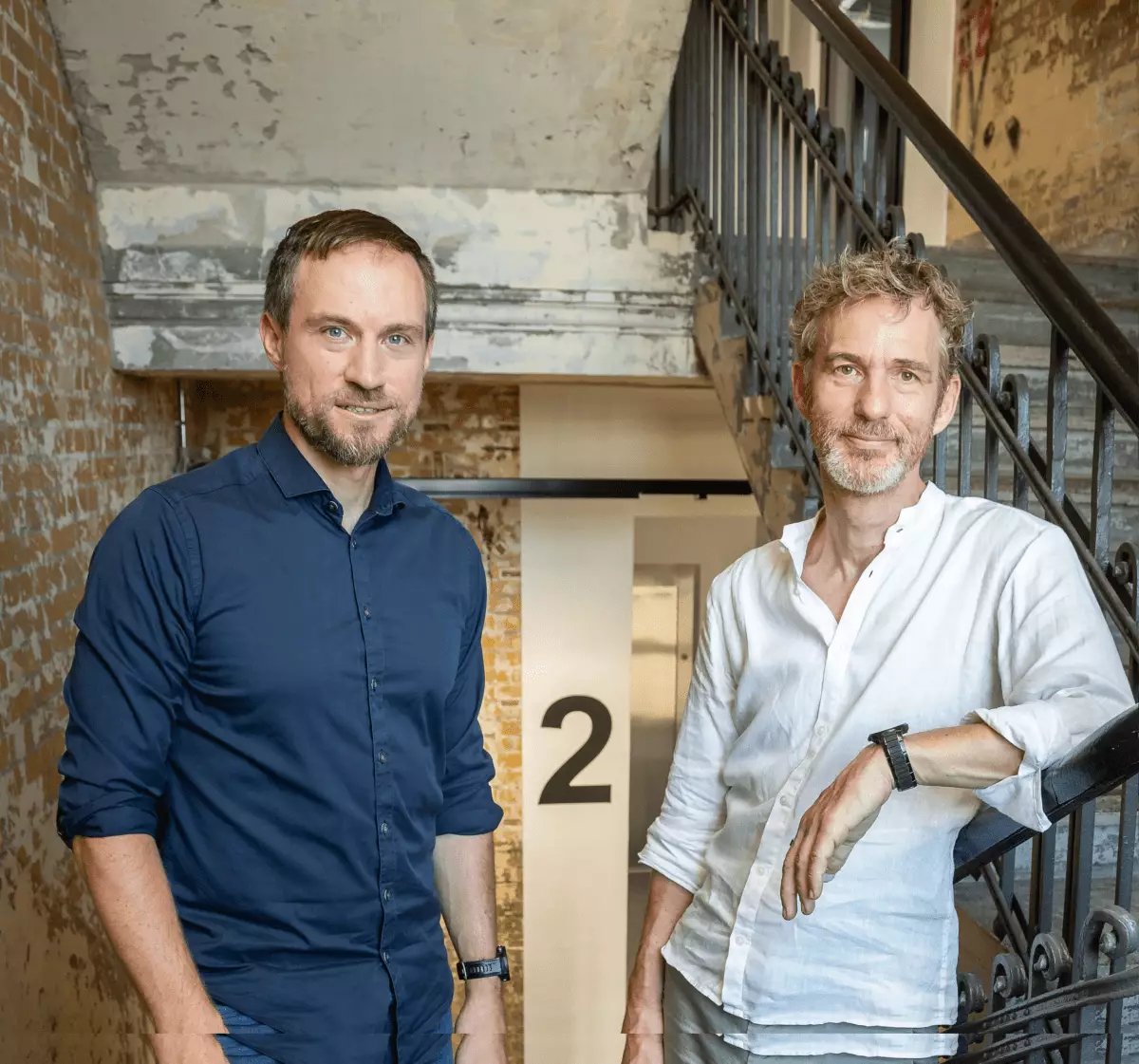The recent announcement of Arne Schepker stepping down as the CEO of Babbel marks a significant transition for the reputable Berlin-based language learning platform. As the company embarks on this new journey, co-founder Markus Witte, who previously led the company, will step back into a leadership role as the executive chairman and managing director. This strategic shift appears to have been motivated by several factors that highlight the evolving nature of Babbel’s operations and its objectives in an increasingly dynamic market.
Schepker’s departure comes after nearly five years in the CEO role, during which time Babbel experienced exponential growth, increasing its revenue six-fold to approximately $300 million. He candidly cited his inability to commit 180 percent to the role as a primary reason for not renewing his contract, emphasizing the necessity of full dedication for effective leadership. This self-assessment provides insight into the challenges leaders face in high-stakes environments, particularly when aligning personal ambitions with the organization’s broader goals.
One of the most critical aspects of this leadership transition is the anticipated focus on integrating artificial intelligence into Babbel’s educational offerings. Under Witte’s leadership, the foundation of the company’s products was built on human expertise in language education. However, with emerging technological advancements, there is a clear impetus to explore how AI can enhance language learning beyond its current capabilities.
Witte recognizes the immense potential of AI to transform Babbel’s approach, aligning the company’s innovative spirit with the rapid pace of technological advancement in language processing. There seems to be a compelling urgency to adapt strategies in real-time, as even leaders in the tech space express uncertainty about the future capabilities of AI. As a founder, Witte’s perspective might allow for more agile decision-making, enabling the company to pivot quickly as opportunities arise.
During Schepker’s tenure, Babbel demonstrated commitment to supporting global communities by providing free access to language resources for students during the pandemic and Ukrainian refugees. This social responsibility underscores the company’s mission-driven approach, emphasizing the human-centric element of learning languages—a sentiment echoed by Schepker himself.
While reflecting on his achievements, Schepker takes pride in the substantial growth Babbel has witnessed, particularly in addressing practical needs during challenging times. Nevertheless, the ability to foster a supportive and innovative company culture remains crucial. Witte’s intention to enhance the workplace atmosphere by prioritizing “moments of delight” indicates a shift toward empowering employees and users alike.
Fostering a positive environment can lead to increased employee satisfaction and productivity, factors that are particularly important for a company poised for further growth. The success of any organization is intricately linked to employee engagement, and Witte’s focus on creating joy within the workforce might pave the way for creative solutions to emerge, enhancing Babbel’s educational offerings.
As Babbel navigates this potential renaissance under Witte’s guidance, its ability to differentiate itself from competitors—especially those leveraging AI like Duolingo—will be imperative. Witte’s acknowledgment of current technological capabilities, combined with Babbel’s robust educational framework, could lead to a unique synergy that enriches the user experience.
In the race to innovate, Babbel’s strategy will need to focus on its core competency: effective language learning. By harnessing AI while maintaining a fundamentally human approach, the company may very well crack the code of personalized education—as Schepker put it. Each learner’s journey can be tailored, enabling them to engage authentically with the language, ensuring that they navigate grammar, vocabulary, and conversation in meaningful contexts.
As Babbel charts its course into this new phase, the interplay between evolving technology and pedagogical expertise will be central to its success. The transition between leadership styles and the strategic focus on AI signify a pivotal moment for the company.
In an era where language learning continues to gain relevance in our interconnected world, Babbel stands at the forefront of this expansive opportunity, poised to leverage change and innovation to enhance the learning experience. Witte’s leadership, in concert with a vision that prioritizes joy and connection, suggests a promising horizon for Babbel as it embraces the multi-faceted challenges of the future. With a blend of tradition and innovation, Babbel may redefine what it means to learn a new language—an endeavor that, at its core, remains profoundly human.

